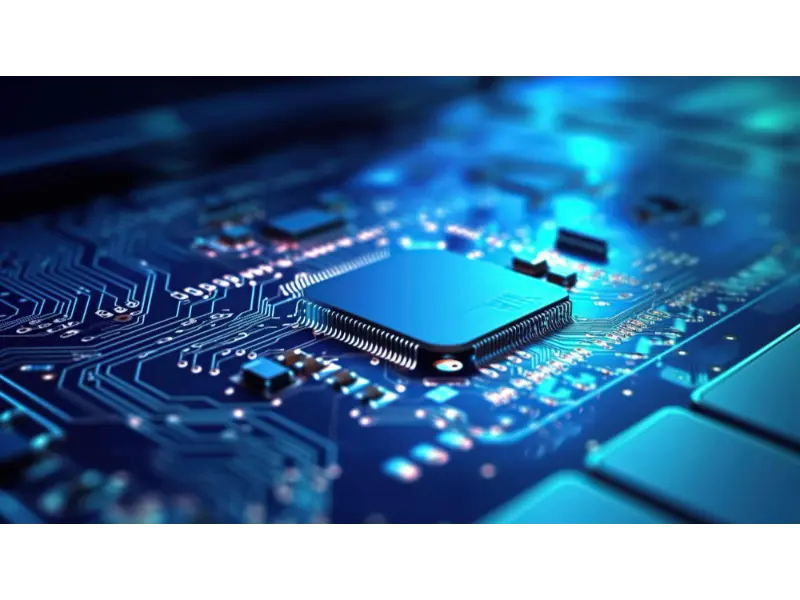- A senior US official states that China’s top chipmaker SMIC potentially broke US law to make Huawei’s 7-nm smartphone processor.
- The China-made chip in Huawei’s Mate 60 Pro was considered a symbol of China’s technological resurgence despite Washington’s ongoing efforts to cripple its capacity to produce advanced semiconductors.
Chinese chip maker Semiconductor Manufacturing International Corporation (SMIC) “potentially” broke American law if it manufactured a processor for sanctioned telecoms giant Huawei Technologies, a senior US official has said.
The Chinese chip
When asked by Representative Michael McCaul if Semiconductor Manufacturing International Corp (SMIC) broke U.S. export rules to produce the sophisticated chip, Alan Estevez, who oversees export policy, said “Potentially yes. We will have to assess.”
Estevez described SMIC’s manufacturing process as “low-yield”, repeating past comments from Commerce officials questioning China’s ability to produce advanced chips at scale and a consistent performance threshold.
Estevez heads the agency’s Bureau of Industry and Security, which is responsible for chip export controls and sanctions that the Biden administration hopes will kneecap China’s semiconductor ambitions.
President Joe Biden has introduced sweeping restrictions on the ability of Chinese companies to purchase advanced chips and chipmaking gear from American firms and persuaded key allies including the Netherlands and Japan to introduce their curbs.
Also read: Global patent trends: Huawei, Samsung, and Qualcomm lead, India surges
China Huawei
Despite those restrictions, Shenzen-based Huawei managed to debut an advanced 7-nm chip in a smartphone that went on sale while Commerce Secretary Gina Raimondo was visiting China in August.
That comes amid growing pressure from China hardliners to take action against the two companies since Huawei unveiled a new phone powered by a sophisticated chip manufactured at SMIC in August.
The Huawei Mate 60 Pro was seen as a symbol of China’s technological resurgence despite Washington’s ongoing efforts to cripple its capacity to produce advanced semiconductors.
The phone also prompted a review by the Biden administration to learn the details behind the chip that powers it, the most advanced semiconductor China has so far produced.
In 2019, Huawei was placed on a trade restriction list by the Trump administration for alleged sanctions violations. SMIC was placed on the same list in 2020 for alleged ties to the Chinese military-industrial complex. Both companies have previously denied wrongdoing.
Being added to that list usually bars U.S. companies from selling to the targeted firms, but former President Donald Trump gave the green light to shipments of certain items to both companies, allowing billions of dollars in U.S. goods to flow to them over the last few years.

